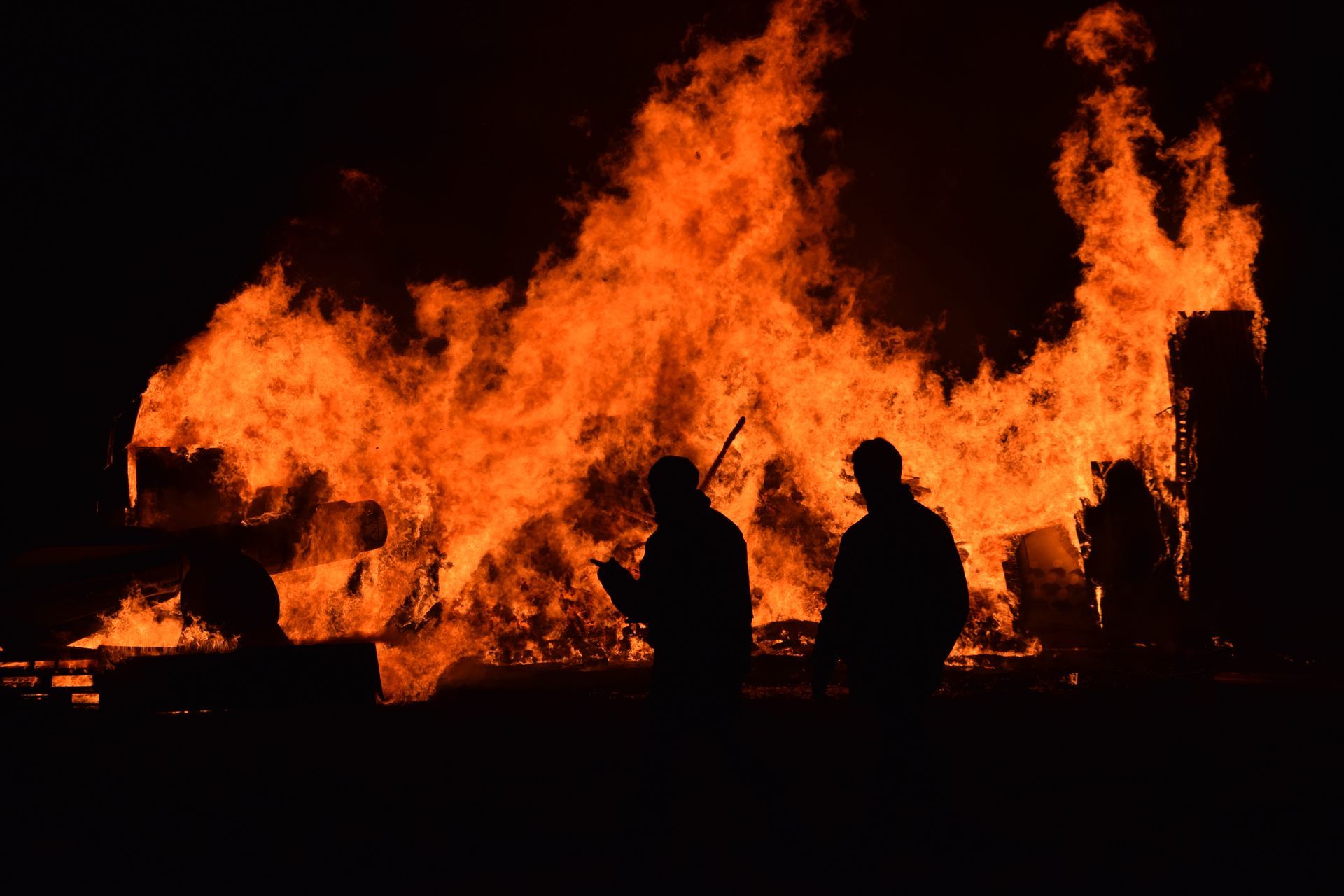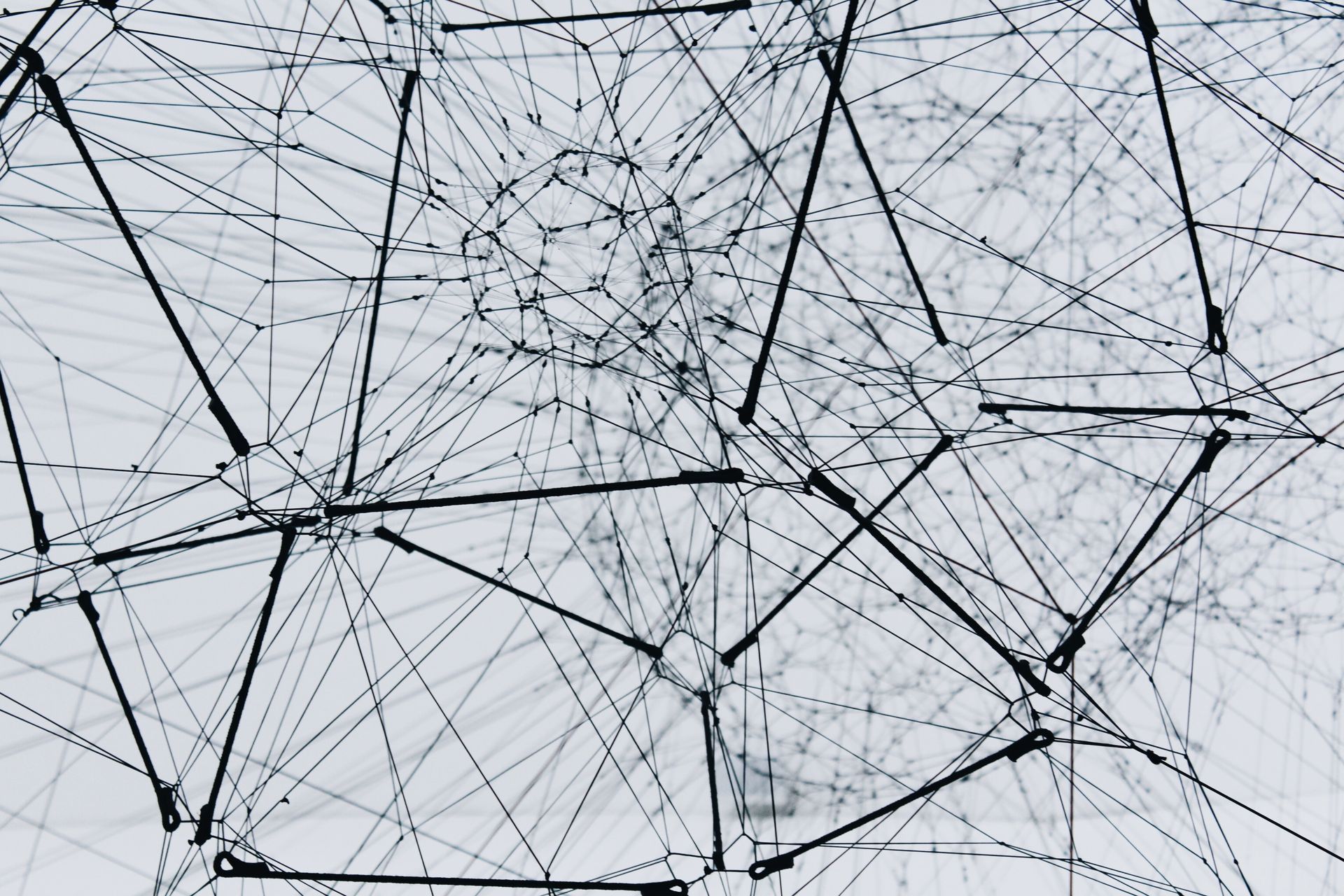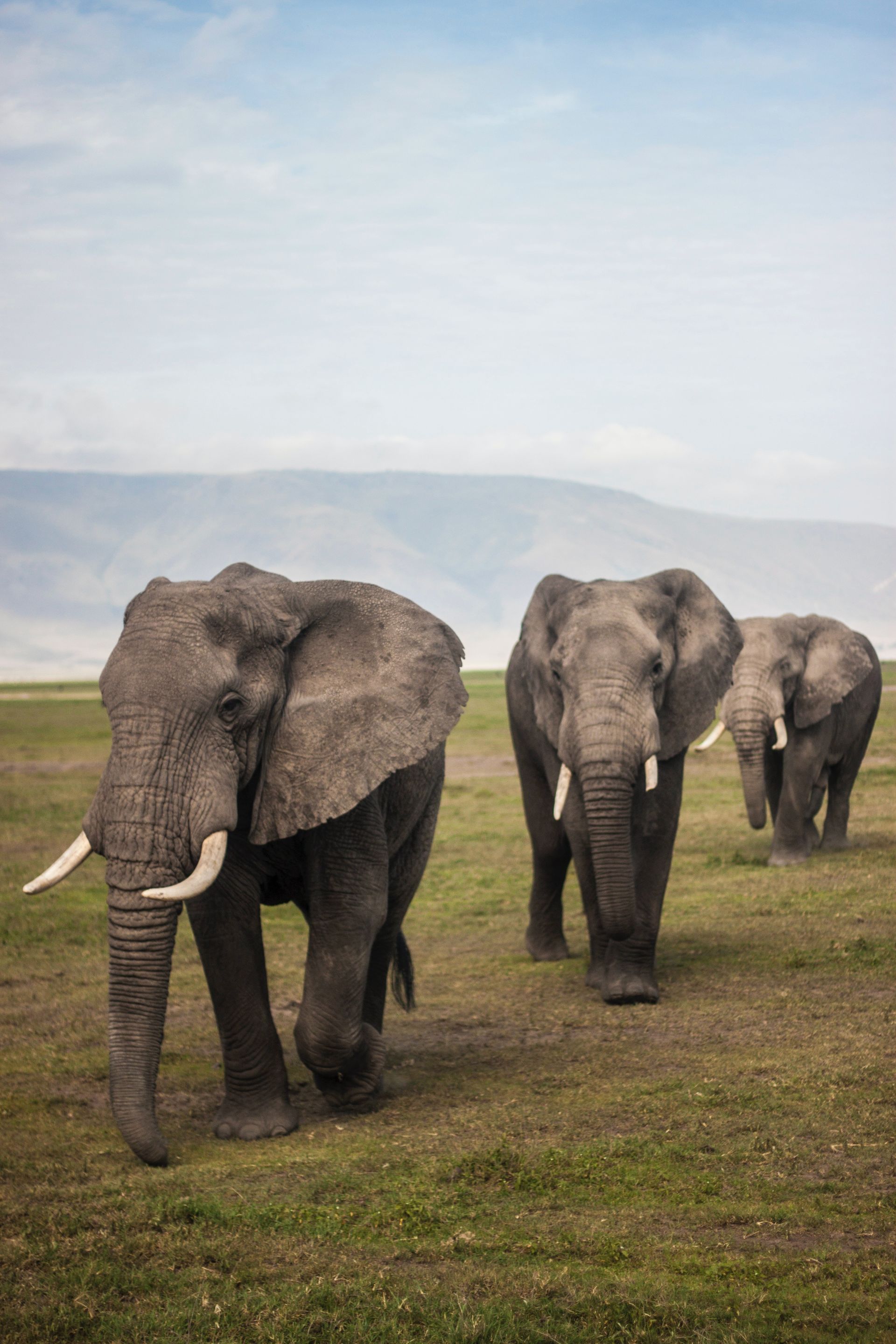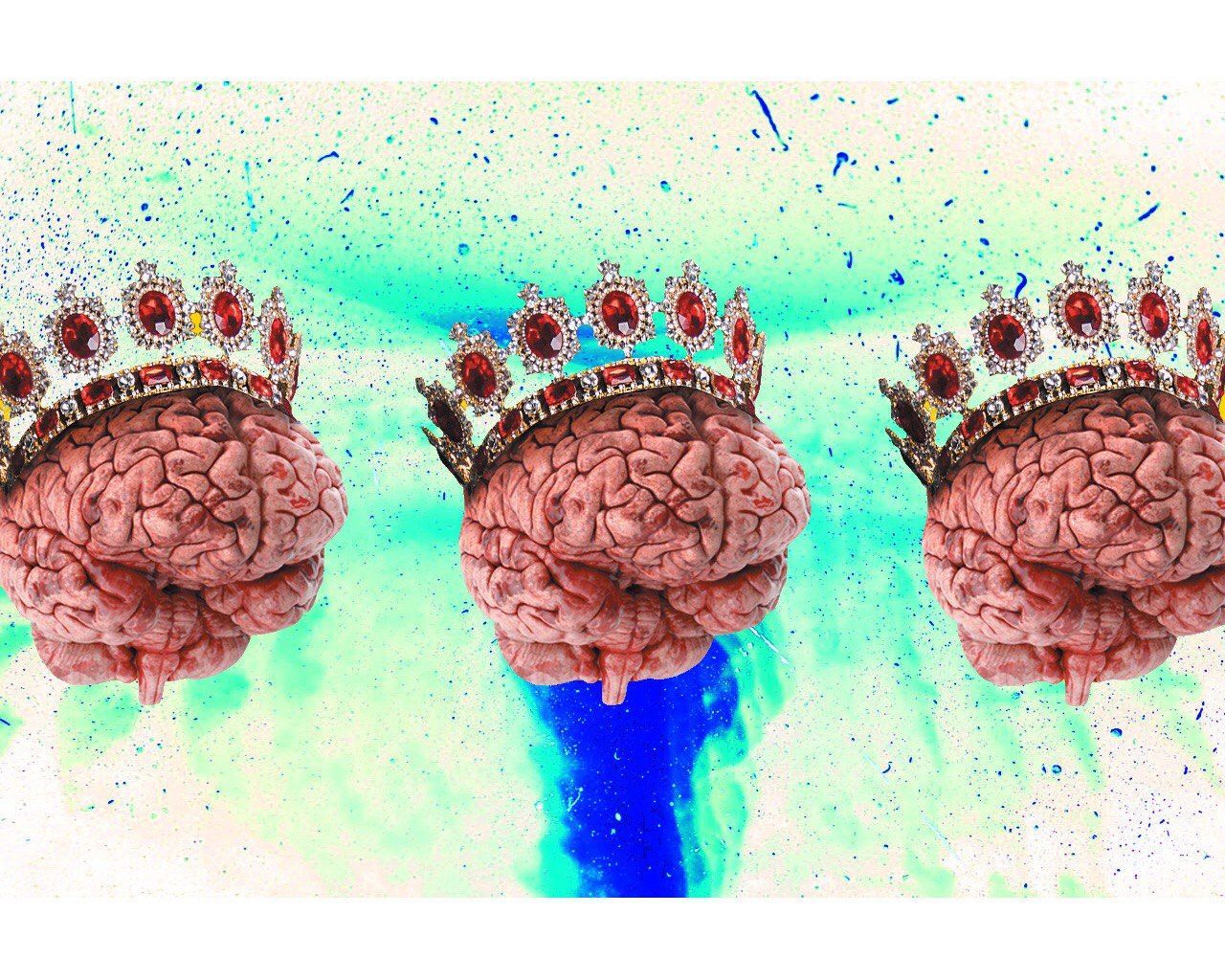Politcal Psychology Basics
What you need to know
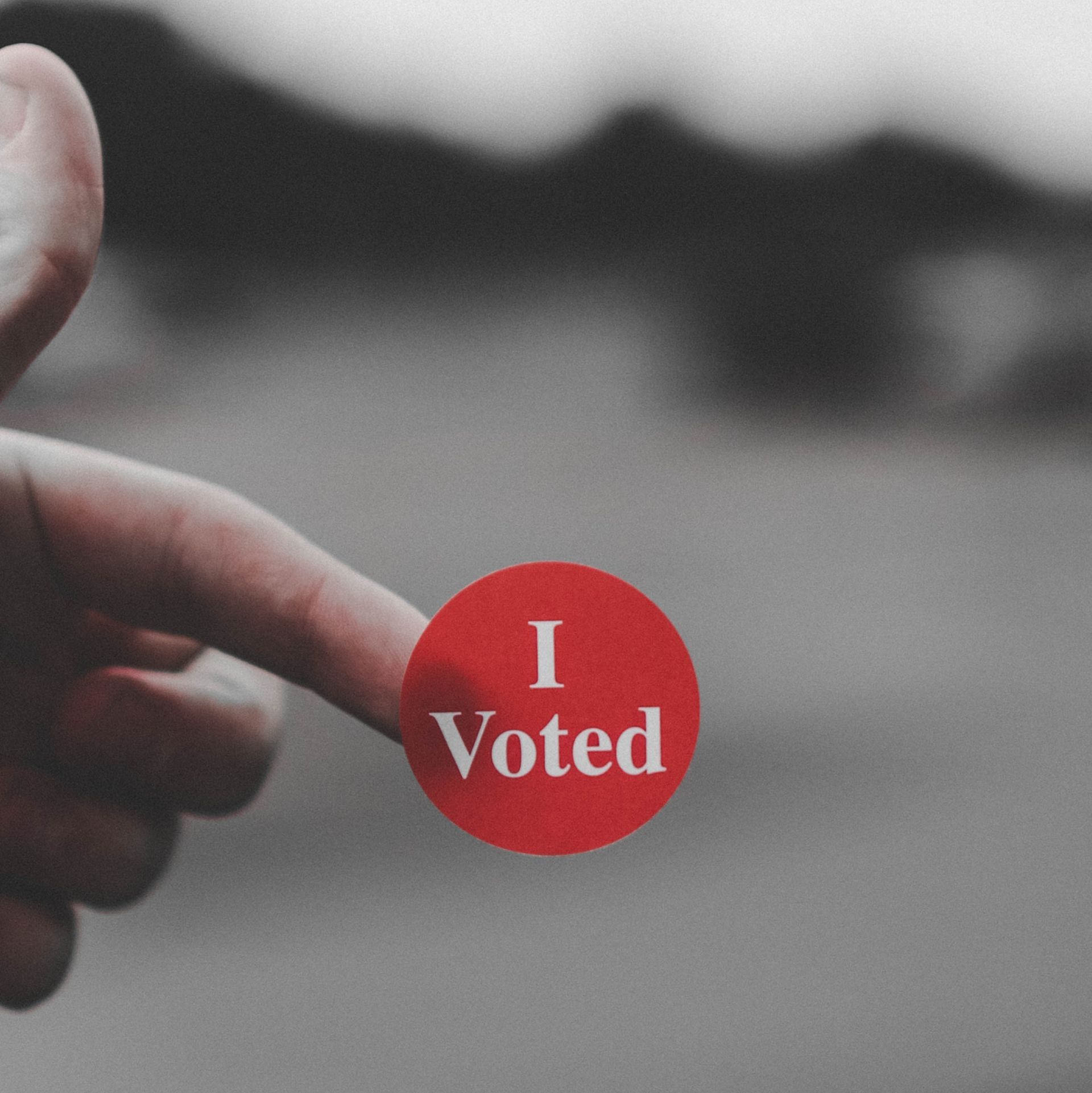
Political psychology, what is it and why is important? Clearly, it’s the study of the interaction between politics and psychology, specifically the impact of psychology on politics. Its important because since 2016 politics has become increasingly intense and understanding thoughts and behaviors as it applies to politics would be helpful to anyone right now. So, here’s the basics on political psychology.
The major focus in poly-psy is mass behavior, how people vote and why as well as the how public opinion shapes policy. There's an entire field of study devoted to this, political science. Another facet is the focus on elite behavior, and how elite behavior shapes policy. Now why would that be the case for the broad field of study? The masses vote on who to put in office or whatever policies they wish to implement, but elites, whether in government or business push or influence the masses in one direction or another. I think this is more apparent now than it ever has been, leading to an important point; Graham Wallas in 1908 suggested “when men become conscious of psychological processes of which they have been unconscious or half conscious, not only are they on their guard against exploitation of those processes in themselves and others, but they become better able to control them from within.”
Even in 1908 someone knew psychology was important to the individual especially in politics, when you’re aware of how you think you can stop yourself from being taken advantage of both psychologically and politically. Read that again.
One notable figure who had a particularly dark take related to the function of power and politics was Niccolò Machiavelli. (https://www.psycho-social.com/the-machiavellian-brain)
Moving on, poly-psy distinguishes between the individual, the state, and the system. Is it state power that drives action? Or individuals that drive state or systemic action. A few quick examples would be prohibition started by individuals directing systemic and state power, or 9/11 and the introduction of the Patriot Act, state and systemic power directing the individual. Both examples can be explained when you consider the context and nature of the times in which each event occurred. A nation of drunkards leads to a swing in the opposite direction, and a terrorist attack leads to the implementation of safety protocols.
There,s also the area of political figures, how are they motivated? Are their beliefs, past life experiences, demeanor, personality relative to their actions? How much is the context intertwined in their actions? As with most things in psychology it’s a mix of all the above. Personality studies (Machiavelli coming soon, subscribe, feed your brain) are in depth reports of individuals, usually political figures, which look at how they acted the way they did and why. Analyzing the mind and the environment trying to explain behavior.
Interestingly these pieces follow the popular psychology practice at the time, psychoanalytic theory in the 40s and 50s (Freud) behaviorism in the 60s and 70s (Skinner) and so on.
Cognitive approaches to politics attempt to explain beliefs, decision making and information processing. How does what someone thinks or knows change their decision making. The main consensus is that we never have all the info to make the best decision and we don’t think rationally like computers. We also use short cuts in thinking called “heuristics.” we have a generalized idea in our minds about most things which let us skip the heavy deliberation. A surprising number of things to consider in just the basics of political psychology!
Be aware of political processes, and how your vote may be swayed. Psychology is the perfect tool. Are you motivated by something political or is something politically motivated by you? Is the state pushing for something or are you pushing the state? Political psychology should be on everyone’s radar as we’re going into this next election year considering how they keep getting more intense... Happy cognitions everyone!
Jake O. founder and editor of Psycho-social.com, graduate of Oregon state university BA in psychology. Connect with him by email to pick his brain about social issues and psychological understandings of them.
Share down below & Subscribe to get updates!
Sources
Houghton, D. P. (2015). a brief history of the discipline. In Political psychology situations, individuals, and cases (2nd ed., pp. 24–35). essay, Routledge.
Williamson, C. C. (1909). Human nature in politics, by Graham Wallas. Political Science Quarterly, 24(4), 696–701. https://doi.org/10.2307/2141290


